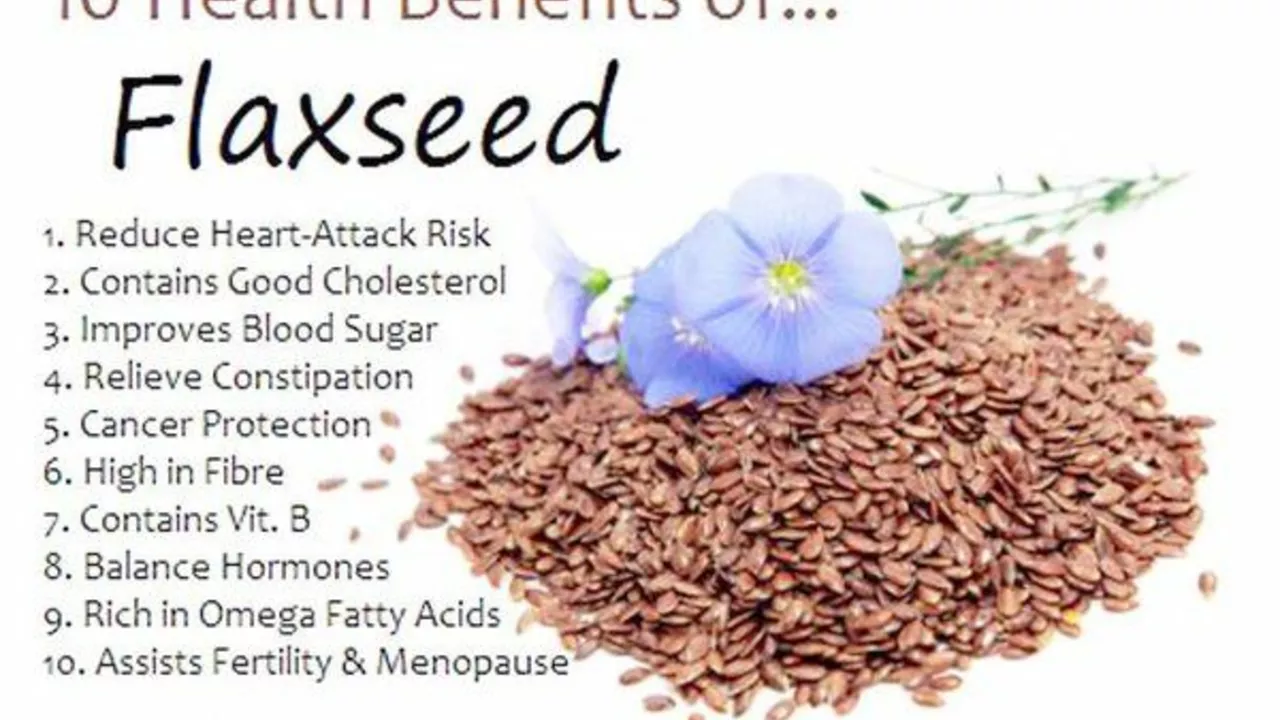Diet: Food, Supplements & How They Affect Your Meds
What you eat can change how your medicine works. That’s not science fiction — it’s everyday reality. This tag collects clear, practical advice on diet, supplements, and how both can help or hurt your treatment. Read on for quick rules you can use immediately.
Common food–drug interactions to remember
Grapefruit is a classic example: it can raise blood levels of some statins and other drugs, increasing side effects. If you take cholesterol meds like atorvastatin or certain blood pressure pills, skip grapefruit unless your doctor says it’s okay.
Warfarin users need steady vitamin K. Green leafy salads are fine — just keep the amount consistent day to day so your INR stays predictable. Don’t start a detox or sudden juice-cleanse without checking your dose with your clinic.
Calcium, iron, and dairy can block absorption of several drugs. Levothyroxine (Synthroid) should be taken on an empty stomach, 30–60 minutes before breakfast. Many antibiotics in the tetracycline family bind to calcium; avoid taking them with milk or calcium supplements.
Alcohol often worsens medication side effects and can reduce the effectiveness of some treatments. With liver-active drugs, certain antibiotics, or antivirals, cut alcohol entirely while you’re on treatment.
Practical diet and supplement tips while on medication
1) Tell your prescriber everything you take. That includes teas, herbal supplements, and over‑the‑counter pills. Some herbs, like Strophanthus or potent teas, can interact with heart medicines or blood thinners.
2) Time your doses. If a pill says "take with food," do it. If it says "on an empty stomach," follow that. Simple timing fixes absorption issues and reduces stomach upset.
3) Space minerals and antibiotics. If you’re on tetracycline or certain fluoroquinolones, separate them from calcium or iron supplements by at least two to four hours.
4) Be careful with weight-loss talk. Metformin can cause modest weight loss and a recent Stanford study linked part of that effect to a molecule called lac‑phe. Don’t chase supplements claiming to mimic that pathway — talk to your doctor about safe options.
5) Use whole foods, not fads. A balanced plate supports recovery better than extreme diets that might change how your liver processes drugs.
If you’re unsure about a food or supplement, ask a pharmacist or your doctor. Keep a short food and medication diary for a week — it helps spot patterns like new side effects after a supplement. This tag gathers articles that explain these issues simply, so you can make safer, smarter choices every day.
Iceland Moss: The Secret Ingredient Your Diet Has Been Missing
In my latest blog post, I delve into the amazing health benefits of Iceland Moss, a unique ingredient that's been under our radar. This lichen, traditionally used in Scandinavia for its medicinal properties, is loaded with nutrients and fiber, making it a great addition to any diet. It helps boost the immune system, improve digestion, and even aid weight loss. So if you're searching for that extra 'oomph' for your meals, Iceland Moss could be your secret weapon. Explore with me the wonders of this lesser-known superfood, and discover how to incorporate it into your daily meals.
Read more
